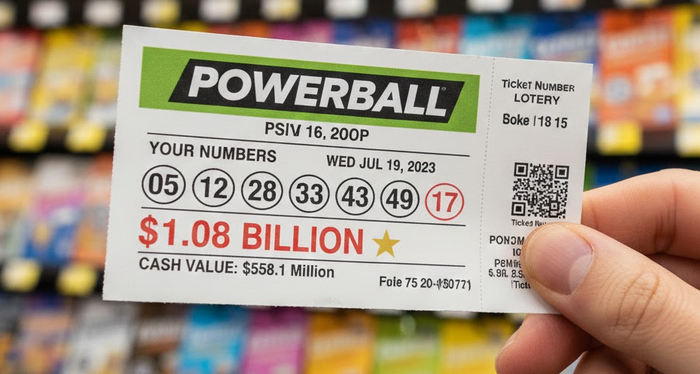While many places can trip up a newcomer, one wealthy seaside community is so famous for being mispronounced that it has become the state's quintessential linguistic test: La Jolla.
The Winner: La Jolla (It's Not "La JOLL-a")
This world-famous community in San Diego, known for its stunning coves and high-end boutiques, is almost universally mangled by first-time visitors. The mistake is classic: applying English rules to a Spanish name.
- How Locals Say It: La HOY-a
- How Outsiders Say It: La JOLL-a (to rhyme with "jolly")
The name comes from Spanish, where the double "ll" is traditionally pronounced like a "y" (or, in this regional variation, an "h") sound.
The Runner-Up: Ojai (There's No "J" Sound)
Nestled in a tranquil valley in Ventura County, Ojai is another name that immediately identifies a tourist. The "j" in the middle is a classic trap.
- How Locals Say It: OH-high
- How Outsiders Say It: OH-jay
Like La Jolla, this name (derived from the Ventureño Chumash word "Awhay" for "moon") follows Spanish pronunciation rules, where the "j" is pronounced like an English "h."
Honorable Mentions: A Guide to Sounding Like a Californian
Mastered the top two? The list of tricky names doesn't stop there.
- Paso Robles: This is a special case, as it's a test of which local you're talking to. The name of this Central Coast wine city is a source of friendly debate.
- Old-School Local: Paso ROH-bulls
- Spanish/Newer Local: Paso ROH-blays
- Lompoc: A city in Santa Barbara County that’s not as "posh" as it sounds.
- Local: LOM-poke
- Outsider: LOM-pock
- San Rafael: The "ph" in the name of this Marin County city is a red herring. It's not pronounced like the angel.
- Local: San Ra-FELL
- Outsider: San Ra-FAY-el
- Tujunga: This neighborhood in Los Angeles follows the same Spanish "j" rule as Ojai and La Jolla.
- Local: Tuh-HUNG-a
- Outsider: Too-JUNG-a (with a hard "j")
- Suisun City: A city in Solano County that often leaves people speechless.
- Local: Soo-SOON
- Outsider: SWEE-sun or SUE-ee-sun



